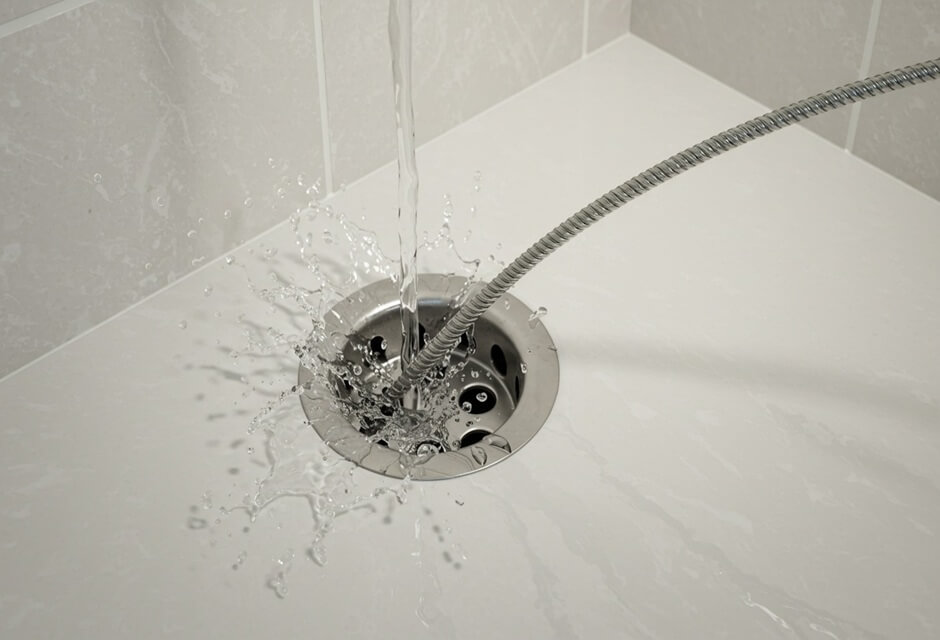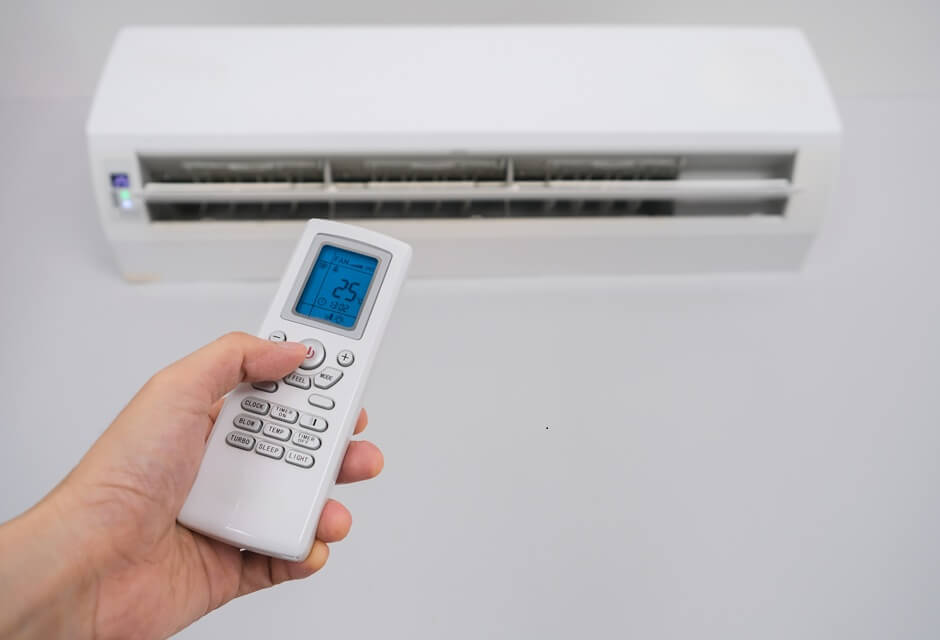
Most homeowners who love dealing with their gardens do not actually know how to dispose of weeds. You can put them in the garbage, compost them, or dry them out. But it all depends on the rules of your city and the stage of the weeds.
Properly disposing of weeds is essential to prevent them from spreading and keep your garden healthy. From composting to trash disposal, there are a few options to consider. Here, you will learn what you need to know about handling weeds once you have pulled them up.
Can You Throw Weeds In The Garbage?
Yes, you can throw weeds in the garbage, but it depends on local regulations and the condition of the weeds. Many cities accept yard waste in the regular trash, while others provide a specific collection for green waste.
If your local waste management allows it, disposing of weeds in the trash is a great way to prevent them from re-rooting or spreading seeds in your yard.
For invasive or persistent weeds, it is recommended to bag them up and discard them rather than composting them to reduce the risk of reintroducing them to your garden. Avoid leaving pulled weeds in piles in the garden, as some types can continue to grow if left in moist conditions.
Can You Put Weeds In Compost?
Composting weeds can be an effective and environmentally friendly disposal method, but it requires some care. If weeds are free of seeds and have not yet flowered, they can be safely added to compost.
High temperatures in a well-maintained garden compost pile can kill weed seeds and roots, making them safe for use later as compost. However, if the compost pile does not reach a high enough temperature, some weed seeds may survive and germinate once the compost is used.
If you are unsure about the heat levels in your compost or if the weeds are mature with seeds, it is better to avoid composting them. Learn what you need to know about composting here; your garden will be the healthiest.
What To Do With Weeds After Pulling?

Once you have put all your effort into pulling the weeds of your garden, you have a few options based on how you want to handle disposal. Read the list below for the most practical instructions on what to do with weeds.
1. Dry Them Out
For weeds without seeds, drying them out in the sun is an excellent way to ensure they will not re-root and spread again. Once dried, they can either be composted or added to garden beds as a mulch layer.
2. Mulching With Caution
Some gardeners use non-seed-bearing weeds as a natural mulch around certain plants. This can help retain soil moisture and add nutrients as they decompose. However, be careful with this method, as weeds that have not fully dried may take root if placed directly on the soil.
3. Specialized Composting
If you prefer composting, consider setting up a specific "weed compost" bin where the weeds can decompose at high temperatures. Doing so guarantees weed seeds and roots will not survive to grow in your garden later on.
4. Leave For Green Waste Collection
Some communities offer green waste pickup, where yard debris, including weeds, is taken to a facility and processed separately from regular trash. Check if this is an option in your area for a simple disposal solution.
Knowing how to dispose of weeds helps keep your garden clean and prevents unwanted regrowth. Choosing the proper method will prevent inadvertently spreading weeds and contribute to a healthier garden space. Call Wisercosts landscapers to handle weeds for you.
 Let a landscape architect give you an estimate on your project
Let a landscape architect give you an estimate on your project





 Member of the
Member of the